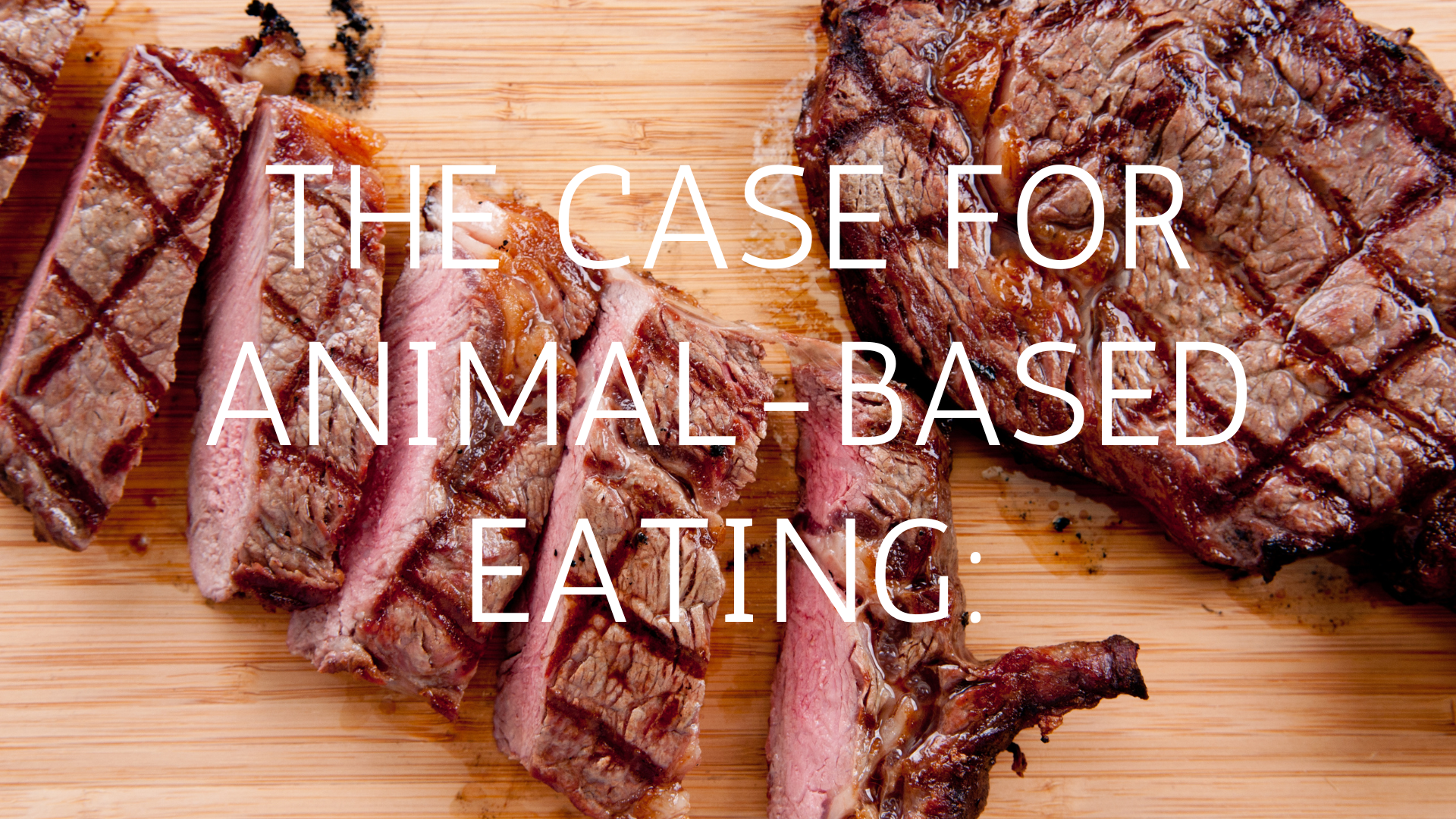How Ketogenic and Carnivore Diets Meet Nutritional Needs
In today’s world, diet trends often swing between extremes, and it can be hard to sort fact from fad. But when it comes to nutrient-dense eating, animal-based diets like the ketogenic (KD) and carnivore diets are gaining attention for their ability to meet the body's nutritional needs, especially for vulnerable groups like children and adolescents. Let’s explore how these diets provide a strong foundation for health.
Why Animal-Based Diets Stand Out
Animal-based diets emphasise foods like meat, seafood, eggs, and dairy, which are naturally packed with essential nutrients. These diets are particularly effective at providing high-quality protein and vital micronutrients that are often harder to obtain in sufficient quantities from plant-based diets. Here’s what makes them unique:
1. High-Quality Proteins
Animal proteins are complete proteins, meaning they contain all the essential amino acids your body needs for growth and repair. This is crucial for children and adolescents, whose bodies are rapidly growing and developing. Unlike plant proteins, which often lack one or more essential amino acids, animal proteins require no special planning or pairing to ensure adequate nutrition.
2. Rich in Vital Micronutrients
Animal foods are unparalleled sources of:
-
Iron: In its heme form, which is more easily absorbed by the body than the non-heme iron found in plants.
-
Zinc and Selenium: Crucial for immune function and cellular repair.
-
Vitamins A, B12, and D: Key players in energy production, bone health, and overall well-being.
-
Omega-3 Fatty Acids: Found in fish and seafood, these support brain development and reduce inflammation.
While plant-based diets can provide some of these nutrients, the bioavailability (how well the body absorbs them) is often lower, making animal foods a more efficient choice.
The Ketogenic Diet: More Than a Weight Loss Tool
The ketogenic diet has long been known for its therapeutic use in treating paediatric epilepsy, but its benefits extend far beyond that. By significantly reducing carbohydrate intake and increasing healthy fats, the KD induces a state of ketosis, where the body burns fat for fuel instead of glucose. Here’s why it works:
-
Improved Glycemic Control:
-
Reducing carbohydrates helps stabilise blood sugar levels, making it effective for managing conditions like diabetes, metabolic syndrome, and obesity.
-
-
Reduction of Immune Triggers:
-
The restrictive nature of the diet often eliminates problematic foods that can trigger inflammation or immune responses.
-
-
Ketone Power:
-
Ketones, produced by the liver during ketosis, act as regulatory molecules. They reduce inflammation, regulate metabolism, and even influence gene expression to support overall health.
-
Studies have shown promising results for the ketogenic diet in areas like mental health, Alzheimer’s disease, and polycystic kidney disease, making it a powerful tool for a range of conditions.
The Carnivore Diet: Ancestral Eating for Modern Health
The carnivore diet takes the principles of ketogenic eating to the next level by focusing almost exclusively on animal products: meat, fish, eggs, animal fats, and limited dairy. While this diet is less studied, emerging research and anecdotal evidence suggest it offers significant health benefits:
-
Harvard Study Findings: A cohort study of over 2,000 people following a carnivore diet for six months reported improved health outcomes, minimal adverse effects, and high satisfaction.
-
Elimination of Problematic Foods: By cutting out plant-based foods, the carnivore diet naturally avoids common allergens and inflammatory substances, allowing the body to heal and reset.
-
Induction of Ketosis: Like the KD, the carnivore diet often induces ketosis, amplifying its anti-inflammatory and metabolic benefits.
Addressing Common Concerns
While animal-based diets are nutrient-dense, they often raise questions about their impact on cholesterol levels and long-term sustainability. Here are some considerations:
-
Lipids and Heart Health:
-
Research shows that ketosis improves the overall lipid profile for many individuals by increasing HDL (good cholesterol) and reducing triglycerides. However, individual responses vary, so regular monitoring is key.
-
-
Sustainability and Variety:
-
For long-term success, it’s important to include a variety of animal foods and adjust the diet based on personal needs and goals. Including organ meats, seafood, and eggs can enhance nutrient diversity.
-
-
Individualisation:
-
These diets aren’t one-size-fits-all. Working with a healthcare professional or nutritionist can help tailor the approach to your unique needs.
-
Conclusion: A Nutrient-Dense Path Forward
The ketogenic and carnivore diets offer compelling solutions for meeting nutritional needs, particularly for those seeking to optimise their health or manage chronic conditions. By emphasising nutrient-rich, bioavailable foods, these diets provide a foundation for wellness that’s both rooted in ancestral eating and supported by modern science.
If you’re considering a shift to animal-based eating, start by incorporating high-quality meats, eggs, and seafood into your meals, and explore how your body responds. With careful planning and professional guidance, these diets can be transformative for your health journey.






